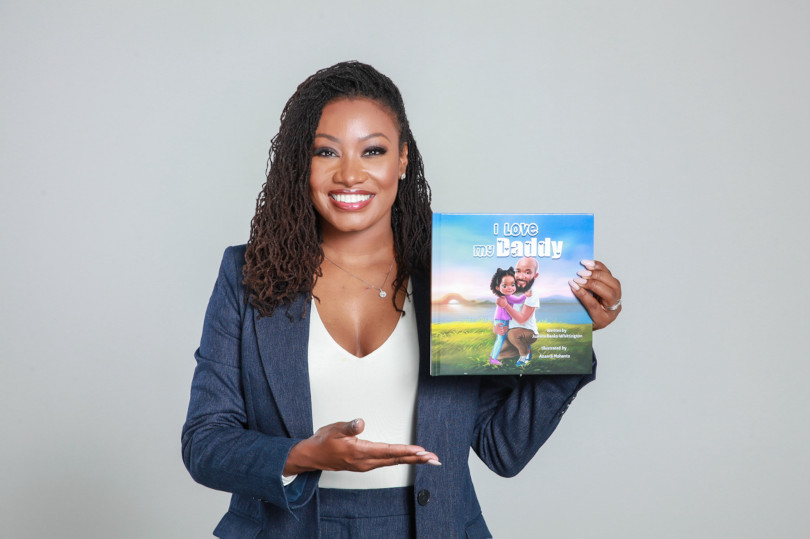I spoke with Juanita Banks-Whittington on the importance of representation and diversity in writing. Being a self-published author, Juanita has paved her way to success being inspired by her own upbringing and family to write her children’s book, “I Love My Daddy.” I asked her how the influences in her life have contributed to her becoming an author and why she specifically chose children’s books. She talked about how her husband brought to her attention the lack of diverse fathers in the books they would read to their daughter. “What could I do to make a difference,” she said. Already being an entrepreneur, she rebranded and shifted towards writing a book to combat the lack of representation. Banks-Whittington highlighted how she wanted to create something her daughter could be proud of and always have. It’s not only a positive book for her daughter, but for other children as well. “It was something positive that other kids could also be like, ‘oh, I can relate,’” she said.
Despite coming from different cultures and backgrounds, forging a bond that goes beyond the surface level and connecting to others outside your own sphere of influence can be beneficial in coming together. “I also believe that everyone is diverse at this point” she said. Banks-Whittington conveyed how as we get older; we often forget the values and goals instilled in us in thinking that diversity and inclusion should just be in the workplace. It should be seen everywhere whether it be your own household, school, friend group, or any social environment you find yourself in. “If you take my color out of the picture, and just look at me, am I being inclusive in all the things that I am trying to do? I feel people will start looking at things differently.”
Managing both her background as a social worker and her full-time job as a diversity practitioner, I asked Banks-Whittington her how she can promote both her children’s book and advocate for mental health awareness. She said, “I believe in energies, so I gave away too much of my energy [into other projects/ideas], and I tried to figure out how can I still help people. So that’s where the wellness and diversity came together, where it’s more of me just doing education-based things.” Banks-Whittington was able to branch out from her original background and write a book about the positive dynamic of their relationship with their parents. She presented it in a format that was both age appropriate and easily understood for its target demographic.
Banks-Whittington’s book provides parents with a resource they can use in instilling the importance of not only family and fatherhood, but the importance of representation and diversity. “You know, it should be books that you can pick up and you’re like, ‘Oh, my gosh! That looks like me!’ And it is portraying people of color positively, showing that father that is of color in the household doing things with the child.” She is also looking outside her own cultural viewpoint and working on future projects exploring other ethnicities. “I have to survey people, because I want to be able to show other nationalities…You see so many Black people creating these books. But only 1 point something, or 0.6% is Indian or Hispanic, or Asian. You’re not seeing those numbers over 2% except for African Americans.”
Juanita Banks-Whittington is one of many Black authors paving the way for representation in books. Representation that provides the inclusion and diversity needed in deconstructing Black stereotypes surrounding the family dynamic within the Black community. She’s not limiting her aspirations to just the Black community, but also other underrepresented communities. Her goal is to connect cultures/perspectives together in a coherent way that will leave behind a positive message for those inside and outside the Black community to be inspired by.
Featured image courtesy of Juanita Banks-Whittington.


